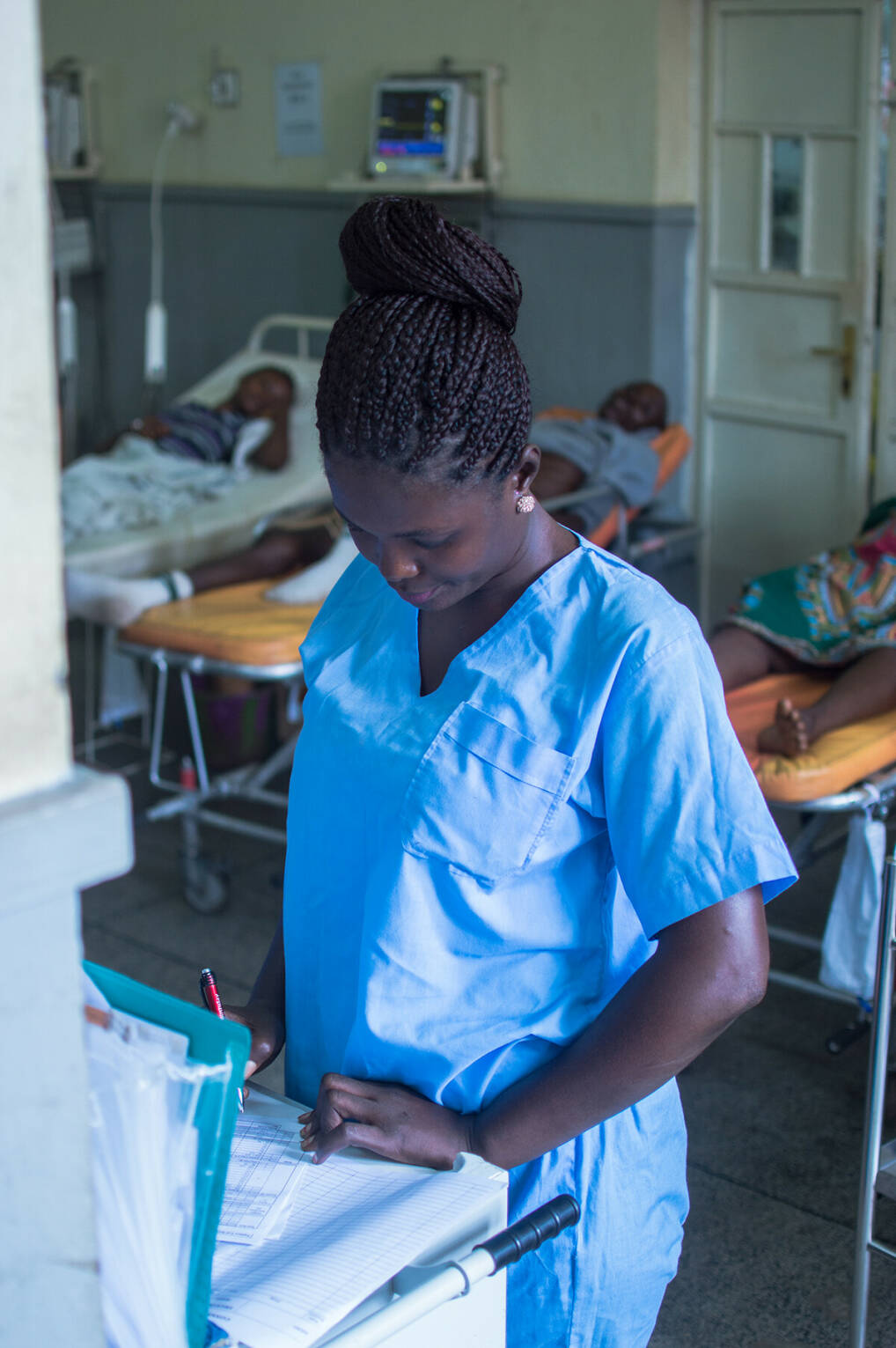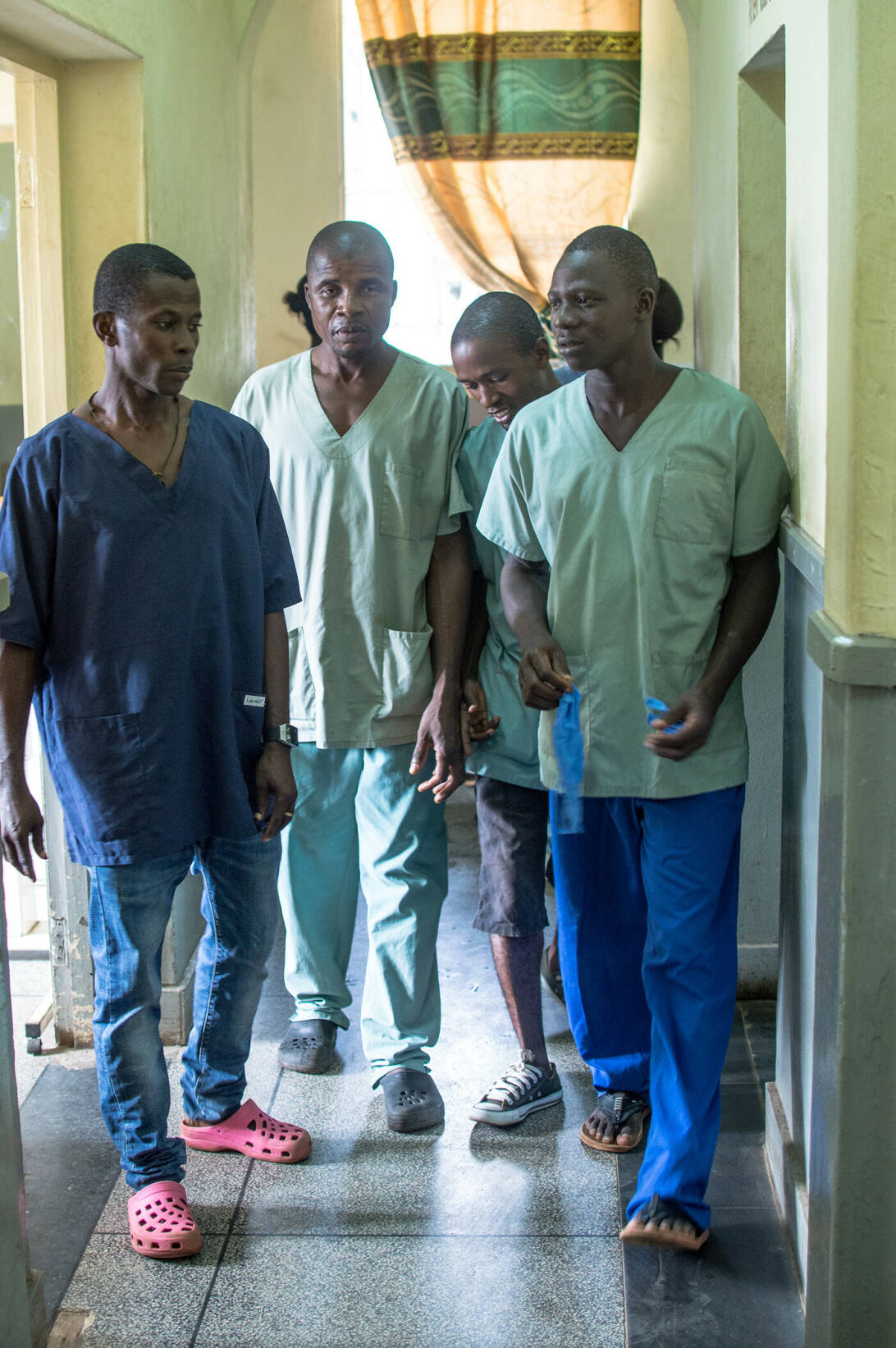The results, published in 2022, revealed no significant safety concerns in either adults or children. At 12 months, antibody responses were detected in between 41% and 93% of participants, depending on the vaccine strategy, at levels that are believed to be protective. The study findings provide important additional data on the prequalified vaccines and support their continued use to control Zaire Ebolavirus outbreaks.
The follow-up PREVAC-UP study, which has been awarded €15.8 million funding from EDCTP, extends this value still further. It will enable participants from seven sub-Saharan African countries to be followed for five years, providing critical information on the durability of immune responses and any possibility of long-term safety issues. Trial participants who originally received the placebo will be offered one of the prequalified vaccines.
Embedded studies will also examine the potential impact of common parasitic infections, including malaria and helminth worm infections, on responses to the vaccines. Analysis of the immune responses generated may also shed important light on the key immune mechanisms associated with protection. Analysis of the data will reveal how effective the prevention of mother-to-child transmission is in the two countries, and whether the EPI-based strategy has the potential to reduce the number of infant HIV infections and to ensure that more HIV-infected infants receive timely treatment.

scroll down
Two vaccine strategies for the Zaire strain of Ebolavirus – rVSVΔG-ZEBOV-GP and a primeboost combination of Ad26.ZEBOV and MVA-BNFilo – have achieved WHO prequalification status and have been used in control of outbreaks. However, limited data have been generated on the safety of these vaccines and the duration of protection.
The PREVAC Consortium, supported by the National Institutes of Health and through PSIA funding from France, has carried out two related clinical trials of these vaccine strategies, one in adults and one in children, to gather additional information on safety and immune responses. Each study involved 1400 participants.
The PREVAC study, funded through a Participating States Initiated Activities (PSIAs), has generated critical data on Ebola vaccines, while the EDCTP-funded PREVAC-UP follow-up study will provide vital data on the durability of protection.

Ebola vaccine follow up
